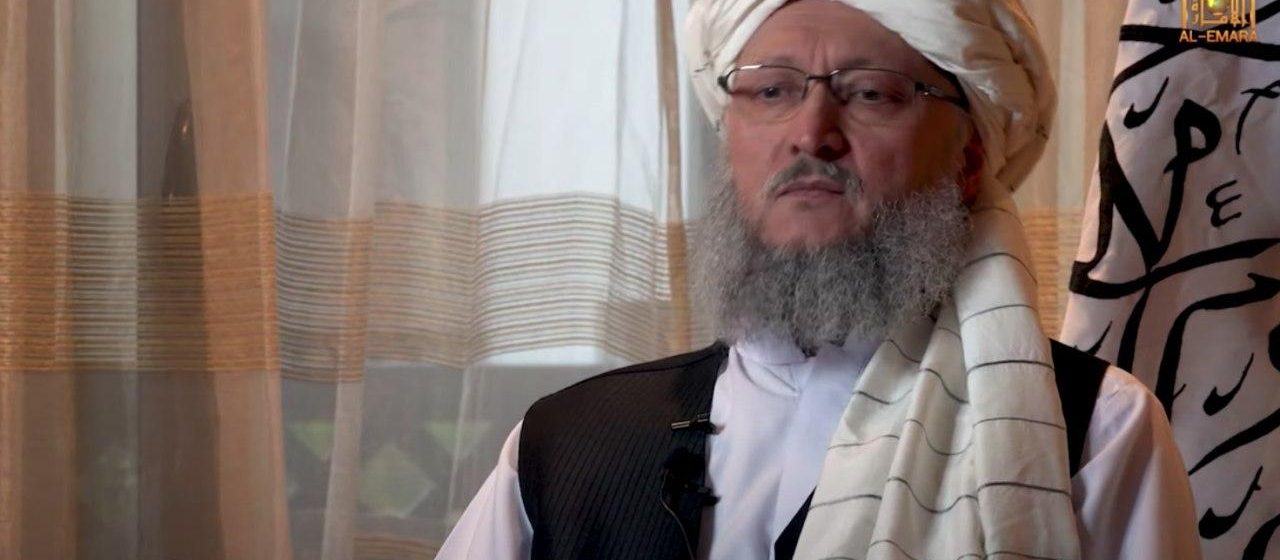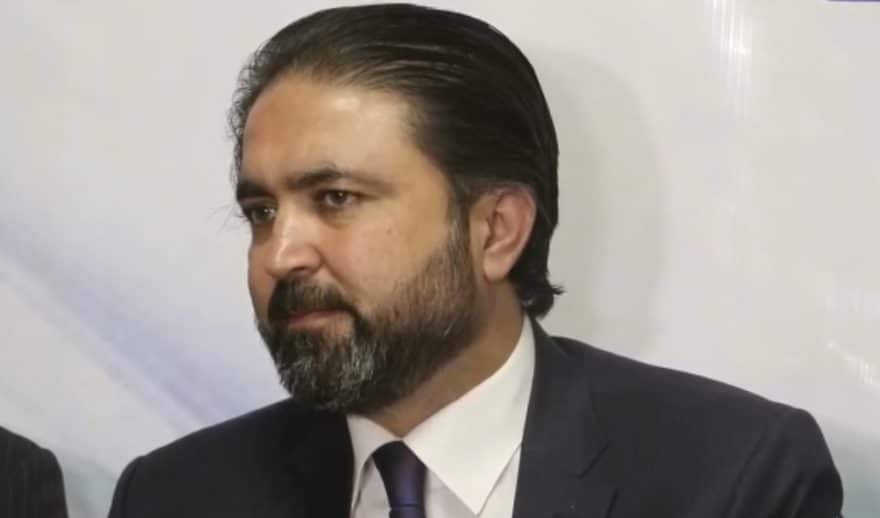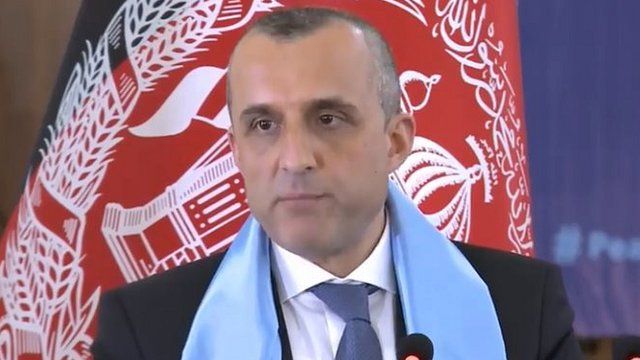The application of Hanafi jurisprudence during the peace negotiations will not cause differences between Shias and Sunnis in the country, said Taliban peace negotiator Mawlawi Abdul Salam Hanafi in a video released on Saturday.
Publish dateSunday 27 September 2020 - 12:31
Story Code : 219640
Hanafi said that the peace negotiations are underway and they had met members of the Afghan government’s contact group several times.
“In some cases, progress has been made, and in some cases, differences remain. The efforts are ongoing.”
He explains the two main articles of the agenda that have not been resolved yet is the recognition of the U.S.-Taliban agreement as the basis of the talks and using Hanafi jurisprudence to solve disputes during the process.
The members of the government’s team have recommended alternatives to the U.S.-Taliban agreement by replacing it with the decisions of the Peace Consultative Loya Jirga.
“We have no information about the decisions of the Loya Jirga and it has not been approved or confirmed by us,” the Taliban members said.
In another video, Taliban negotiator Mullah Khairullah Khairkhwa also commented that the basis of the talks has to be the framework provided by the February agreement they signed with the U.S.
He said that has to be the basis for the talks – otherwise they were not ready to negotiate.
The other point of disagreement is using Hanafi jurisprudence as the religious guidelines for the talks and for resolving disputes.
“Hanafi jurisprudence as basis for resolving disputes in talks does, in no way, mean we have any prejudice against our Shia brothers… there is no difference between Shia and Sunni in Afghanistan. We will not let anyone stoke such differences,” said Mawlawi Abdul Salam Hanafi.
The Afghan negotiating team has recommended respecting the Shia Personal Status Law and the religious jurisprudence of other minority groups as well since using Hanafi jurisprudence is not inclusive.
“In some cases, progress has been made, and in some cases, differences remain. The efforts are ongoing.”
He explains the two main articles of the agenda that have not been resolved yet is the recognition of the U.S.-Taliban agreement as the basis of the talks and using Hanafi jurisprudence to solve disputes during the process.
The members of the government’s team have recommended alternatives to the U.S.-Taliban agreement by replacing it with the decisions of the Peace Consultative Loya Jirga.
“We have no information about the decisions of the Loya Jirga and it has not been approved or confirmed by us,” the Taliban members said.
In another video, Taliban negotiator Mullah Khairullah Khairkhwa also commented that the basis of the talks has to be the framework provided by the February agreement they signed with the U.S.
He said that has to be the basis for the talks – otherwise they were not ready to negotiate.
The other point of disagreement is using Hanafi jurisprudence as the religious guidelines for the talks and for resolving disputes.
“Hanafi jurisprudence as basis for resolving disputes in talks does, in no way, mean we have any prejudice against our Shia brothers… there is no difference between Shia and Sunni in Afghanistan. We will not let anyone stoke such differences,” said Mawlawi Abdul Salam Hanafi.
The Afghan negotiating team has recommended respecting the Shia Personal Status Law and the religious jurisprudence of other minority groups as well since using Hanafi jurisprudence is not inclusive.
Source : Afghan Voice Agency(AVA)
avapress.net/vdcba9b5grhb80p.4eur.html
Tags
Top hits












